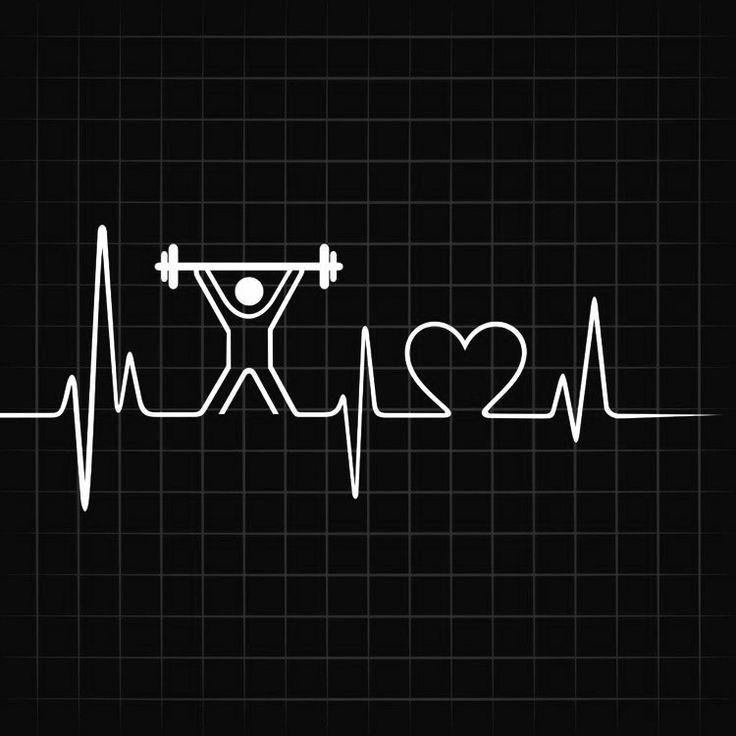Regular exercise is a cornerstone of a healthy lifestyle, offering a wide range of benefits for both the body and mind. It strengthens your cardiovascular system, improves physical fitness, and can even boost your mood and cognitive function. Here’s a closer look at why incorporating regular exercise into your routine is essential:
Physical Benefits
Enhanced Cardiovascular Health: Exercise strengthens your heart muscle, improving its ability to pump blood efficiently. This translates to lower blood pressure, reduced risk of heart disease, and better circulation throughout the body.

Improved Physical Fitness: Regular physical activity strengthens muscles and bones, increases flexibility, and enhances endurance. This can lead to better performance in daily activities and a lower risk of injuries.

Weight Management: Exercise burns calories, which can help you maintain a healthy weight or lose excess fat. It also helps build muscle mass, which further boosts metabolism and aids in weight management.

Stronger Bones and Muscles: Exercise strengthens bones and muscles, reducing the risk of osteoporosis and injuries. It also helps maintain good posture and balance, which is especially important as we age.

Disease Prevention: Regular exercise can help prevent or manage chronic diseases such as type 2 diabetes, certain cancers, and metabolic syndrome. It can also improve blood sugar control and cholesterol levels.

Mental and Emotional Benefits
Stress Reduction: Exercise is a well-known stress reliever. Physical activity releases endorphins, hormones that have mood-boosting and pain-relieving effects. It can also serve as a distraction from daily worries and anxieties.

Improved Mood: Exercise has been shown to combat symptoms of depression and anxiety. It can elevate mood, promote feelings of well-being, and increase self-confidence.

Sharper Mind: Regular physical activity can improve cognitive function, memory, and focus. It can also help protect against cognitive decline associated with aging.

Better Sleep: Exercise can improve sleep quality by reducing stress and anxiety, which can often interfere with sleep. Regular physical activity can help you fall asleep faster and sleep more soundly.

Increased Energy Levels: Exercise may seem counterintuitive when you’re feeling tired, but it can actually boost your energy levels in the long run. Regular physical activity improves your cardiovascular health and endurance, making you feel less fatigued throughout the day.

Finding the Right Exercise for You
The key to reaping the benefits of exercise is finding activities you enjoy and can stick with consistently. There’s no one-size-fits-all approach; the best exercise program is the one you’ll do regularly. Here are some tips to get you started:
Start Slowly: If you’re new to exercise, begin with short, manageable workouts and gradually increase the duration and intensity as your fitness improves.
Explore Different Activities: Try a variety of activities like swimming, dancing, cycling, or team sports to find what you enjoy most.
Make it Social: Consider group fitness classes or exercising with a friend or family member for added motivation and enjoyment.
Focus on Fun: Exercise shouldn’t feel like a chore. Choose activities you find fun and engaging so you’ll look forward to your workouts.
Remember, consistency is key. Even small amounts of physical activity are better than none. Aim for at least 30 minutes of moderate-intensity exercise most days of the week. With regular exercise, you’ll be investing in your physical and mental well-being for years to come.


